One of the biggest business success stories to come out of the north-east in recent years is undoubtedly brewery and bar group BrewDog.
The venture was started in a small way in a Fraserburgh garage in 2007 by young businessmen James Watt and Martin Dickie.
They were frequently in the news in its early days for eye-grabbing activities such as producing ultra-strong beers, but their business has since matured to become the UK’s fastest-growing beer brand.
BrewDog has expanded massively in the past 15 years to become a multinational operation valued not far off £2 billion.
The firm now employs more than 2,600 people globally, including more than 250 at its Ellon headquarters.
Its operations around the world include four breweries, as well as 100-plus bars and venues and five hotels.
And the business is eyeing even more significant expansion in the future.
We are now an international brand but our roots are in Scotland, and we are proud to support our local economy. The passion and commitment of our staff mean we wouldn’t be anywhere else.”
David McDowall, chief operating officer and company president, BrewDog.
BrewDog has added substantially to its market value in the past five years.
It wants to become one of the world’s five most valuable beer brands over the next five.
Corona is currently No1 at just over US $7 billion, about £6.48bn at today’s exchange rate.
The list from consultant Brand Finance puts Heineken second on £6.39bn, Budweiser third at £5.14bn, Bud Light fourth on £4.18bn and Modelo Especial fifth at £3.6bn.
BrewDog chief operating officer (COO) and president David McDowall said the Scottish company was now 14th, up from 16th, with a brand value of £1.68bn.
When asked how the firm would go about breaking into the top five, Mr McDowall said: “We will continue on our growth path in the UK and internationally.
“We’ve opened our biggest bar in Britain at Waterloo – one of, if not the biggest in the country – which is trading extremely strongly.
“We will also aim to capitalise on rising demand for craft beer around the world, following our successful partnership with Japanese brewer Asahi last year, and opening another major bar on the Las Vegas strip later this year.”
At the heart of the BrewDog operation is its base in Ellon, which features the largest craft brewery in Europe.
The north-east location has seen massive investment in the past decade.
Mr McDowall added: “Since moving there in 2012 we have invested more than £120 million in the facilities, with the latest investments under way to more than double capacity.
“The facility has three brewhouses, a distillery and our HQ operation, as well as a taproom, complete with beer school, museum and children’s play park.
“Ellon is currently undergoing a £40m expansion to support further growth.”
The main investment centres around a new 11,000-gallon brewhouse.
BrewDog’s COO said: “As well as helping us make our beer more efficiently, the new brewhouse will more than double our brewing capacity in the north-east.
“The equipment will be operational by the end of the year.
“We are also investing in a new canning line for our HQ. Cans are significantly better for the environment than bottles and we continue to look to accelerate that transition within our business.
“We are also completing a £7m state-of-the-art distillery to help keep up with demand for our range of spirits, including a new whisky.”
On the possibility of more jobs for Ellon in the future, he said: “We are a growing business and these investments should mean we continue to add to our crew.
“We are now an international brand but our roots are in Scotland, and we are proud to support our local economy. The passion and commitment of our staff mean we wouldn’t be anywhere else.”
Overseas investment
In 2017 US investor TSG Consumer Partners acquired 23% of the north-east business in a £213m deal.
This included £100m to fund BrewDog’s continued global expansion.
The transaction valued the business at an enterprise value of around £1bn, and Mr McDowall said this figure has since risen to £1.8bn.
But there is a lot more to the company’s shareholder base than just big investors.
It was back in 2010 when BrewDog introduced the first round of Equity for Punks, which gave lovers of its beers the opportunity to buy shares in the business and become involved in everything it does.
The key to Equity for Punks is crowdfunding, which BrewDog says has led to the democratisation of investment.
Anyone can invest in a business they like the look of, or that creates a product or service they enjoy using.
Crowdfunding has raised tens of millions of pounds for BrewDog, while investors have enjoyed a raft of benefits – such as a lifetime discount in the firm’s bars and online shop.
Staff are also benefiting from the success of the business.
Earlier this year BrewDog announced an employee ownership programme that will see 5% of the company distributed among 750 staff over the next four years.
And each bar is to share 50% of its profits with its “crew”.
BrewDog says it is now more than 25% owned by its staff and Equity for Punks community.
In 2021 the company saw revenue jump by 21% to £286m, while adjusted earnings before interest, taxes, depreciation, and amortisation were up 79% at £14m.
Beer volumes also soared, by 23% to 169.3 million pints.
Mr McDowall said BrewDog enjoyed strong revenue growth in 2020 and 2021, and had continued on that path in 2022.
But the firm has not escaped the impact of the worldwide energy crisis and soaring costs.
The COO added: “We are a growth business, but like all companies we are not immune to rising prices and there will continue to be an internal focus on costs.
“We were, sadly, recently forced to close six of our bars (including one in Aberdeen and another in Peterhead), which were rendered unviable by higher energy costs, although we managed to find all of our crew a home in other sites.
“It costs 25% more than a year ago to make a case of Punk IPA and, unfortunately, we also have to pass a part of that on in higher prices.”
Read BrewDog bosses’ eye-opening first interview with the P&J 15 years ago
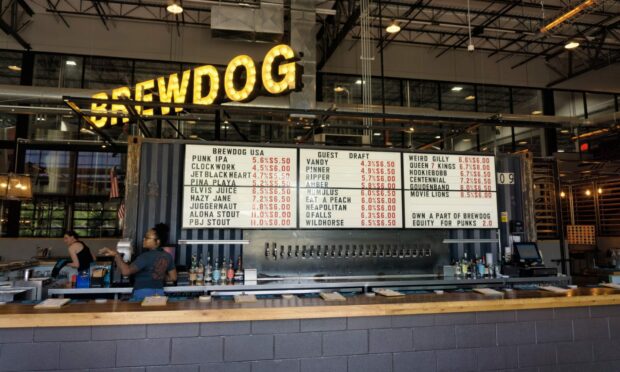
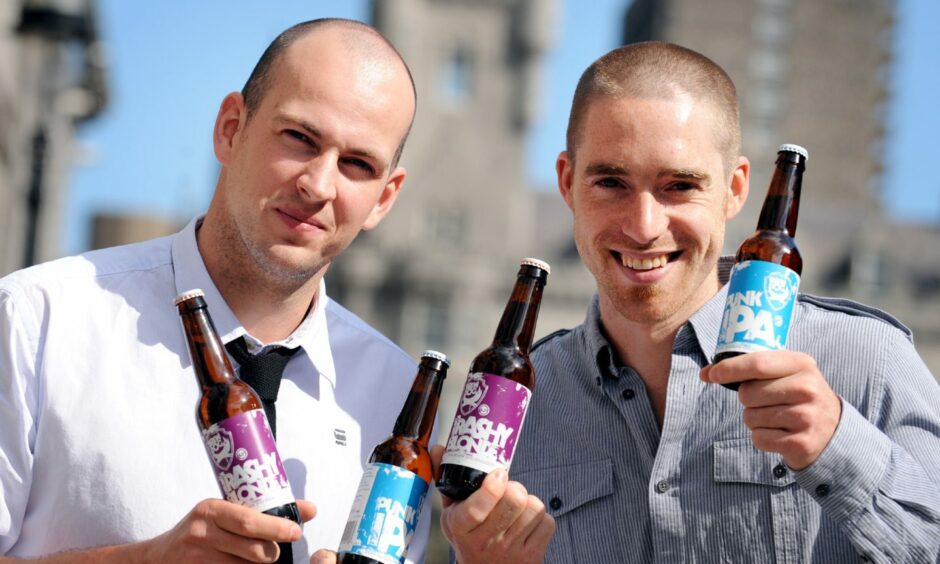
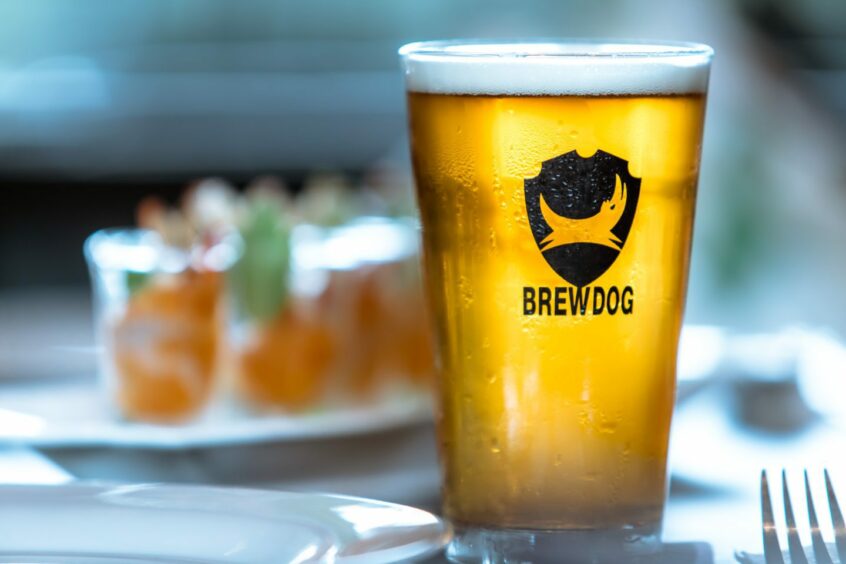
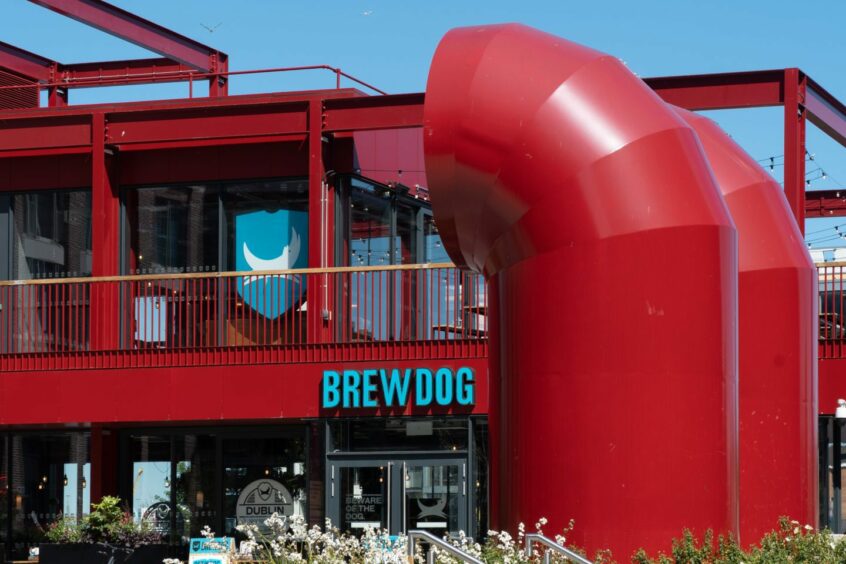
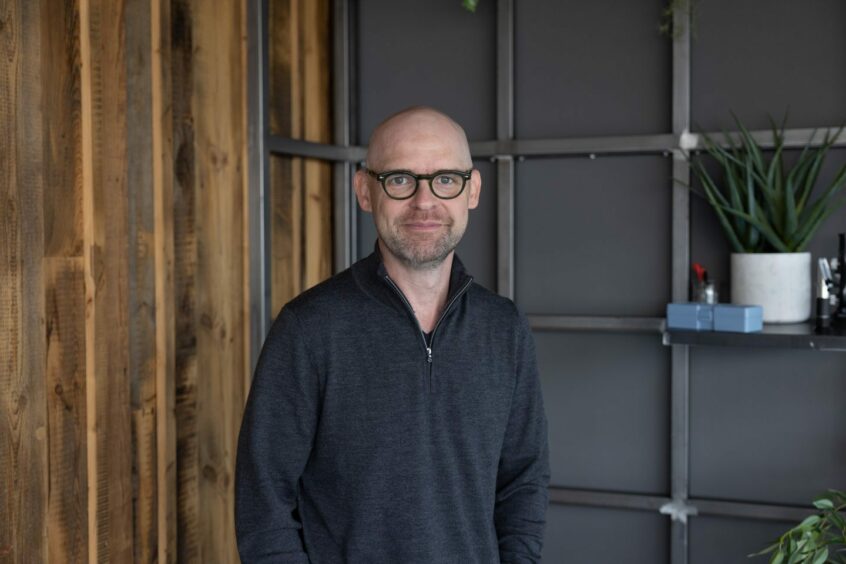
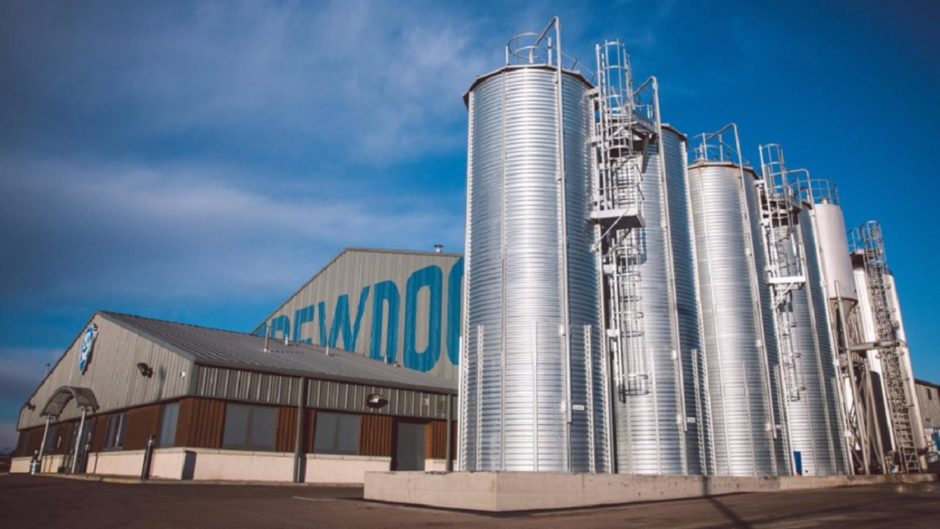
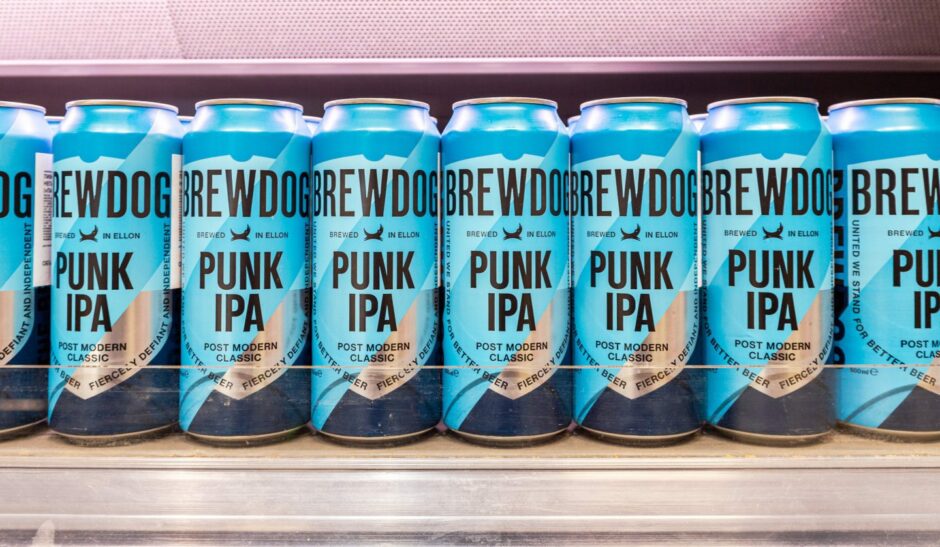
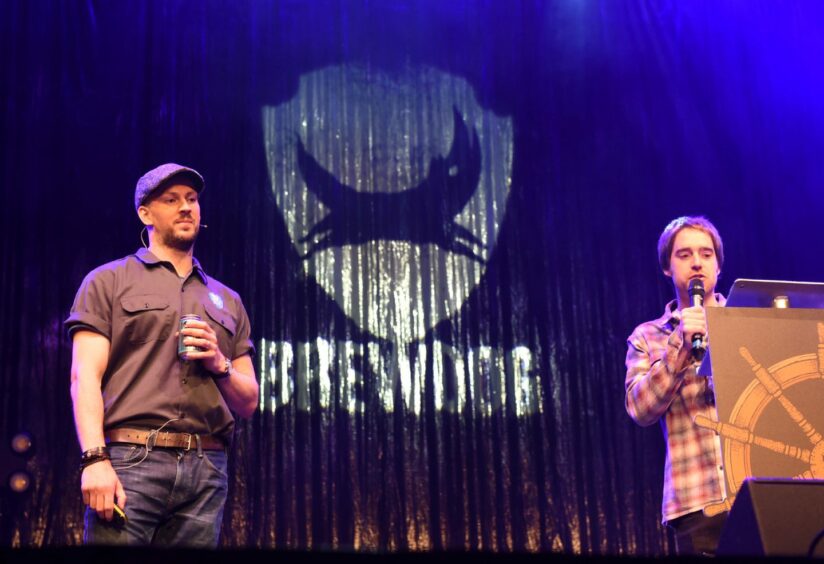

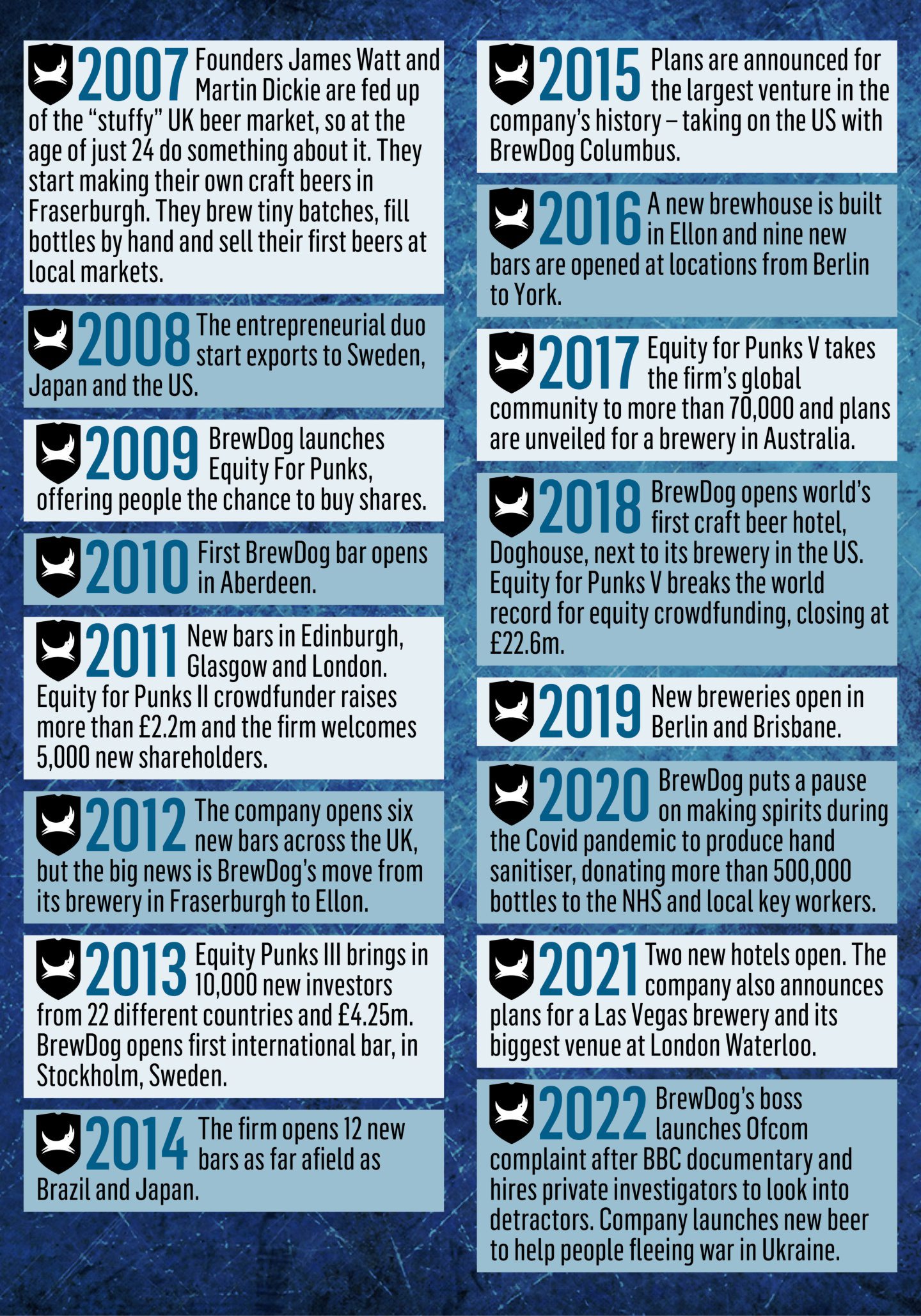
Conversation